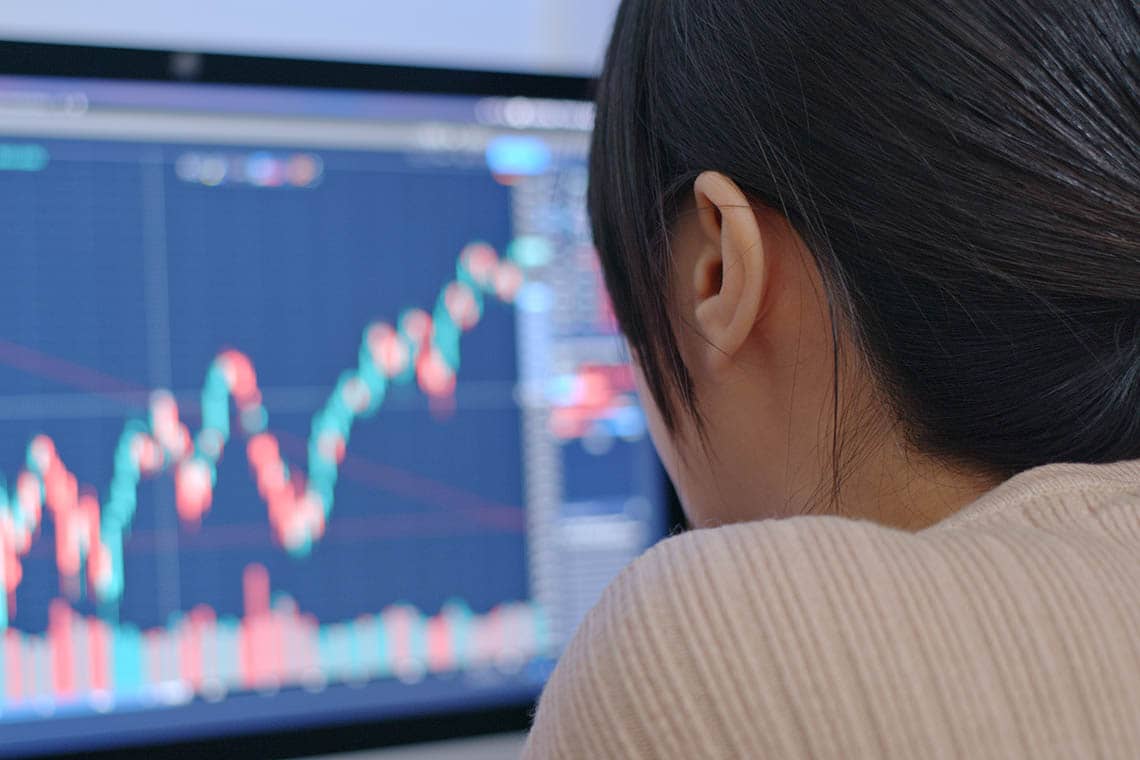
Image © Adobe Images
Now is the time to sell Australian Dollars, according to a new strategy note from Danske Bank.
According to strategists at the Scandinavian lender and investment bank, the basis for a 'short' AUD recommendation is that the U.S. "soft landing is priced to perfection."
A soft landing refers to the market expectation that the Federal Reserve has succeeded in bringing down inflation while avoiding a material economic recession.
How is this relevant for the Australian Dollar?
The Aussie is considered a 'high beta' 'risk on' currency that tends to outperform its G10 peers when the U.S. Dollar is falling and stock markets are rising.
This makes selling AUD a vehicle to express a view that the recent market rally and USD decline have reached their limits.
Danske Bank thinks the Fed's easing cycle is "already priced to perfection" and that further weakness in global growth indicators "could start to weigh on cyclical FX," a basked of currencies that would include AUD.
Another risk to the Aussie is if the U.S. economy once again proves more resilient than expected. This would lift the level that markets think the Fed will end its interest rate-cutting cycle, which could bolster the U.S. Dollar and weigh on Australia's currency.
"We think risk-reward of going short AUD/USD spot is attractive after the latest rally," says Antti Ilvonen, Senior Analyst at Danske Bank.
But what about China and hopes that a significant monetary and fiscal stimulus will boost Australia's most important trade partner?
"We doubt the stimulus-driven optimism in China will end up overcoming the economy’s structural challenges," says Ilvonen.
China has already announced a notable monetary stimulus and is next week expected to pair these measures with a fiscal stimulus. It is one reason why FX strategists at MUFG Bank have initiated a buy on AUD, reflecting a divergence in views by institutional analysts on whether the Aussie Dollar can extend its recent rebound.
MUFG says China's "comprehensive package of support measures and strong commitment to do more if needed" can support confidence and is "a positive development for investor sentiment, and signals a stronger commitment to boost growth in China."
However, Danske Bank thinks Chinese data will continue to come out on the weak side over the coming months, as Chinese consumer confidence is still at historic lows and household propensity to save remains elevated.
"2024 growth will likely fall short of the official 5% target," says Ilvonen.
Danske Bank targets a decline in the AUD/USD exchange rate to approximately 0.6600 in a three-month timeframe.
